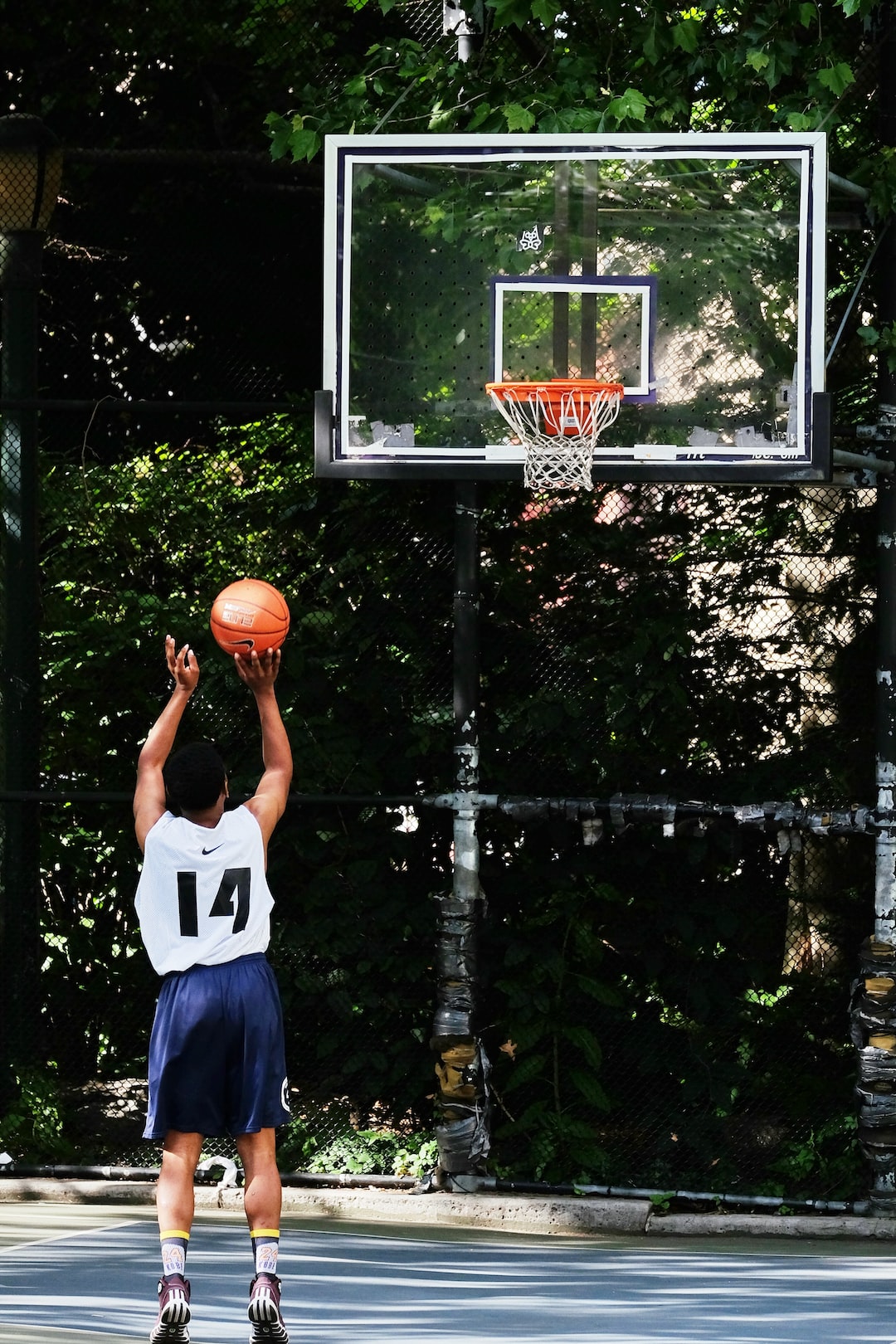Competitive sports have always been known for pushing athletes to their limits, both physically and mentally. While physical strength, skills, and talent are essential for success in sports, it is often the mental toughness and resilience that separate the champions from the rest. In this blog post, we will explore the mental toughness required in competitive sports and how it plays a crucial role in an athlete’s journey to success.
One of the key aspects of mental toughness is the ability to maintain focus and concentration under pressure. In a competitive sports environment, athletes are constantly faced with distractions, be it the noise from the crowd, the fear of failure, or the pressure to perform. It is the mentally tough athletes who can keep their minds clear, stay focused on the task at hand, and block out all distractions. This unwavering focus allows them to perform at their peak and make split-second decisions with clarity, even in high-pressure situations.
In addition to focus, mental toughness also involves having a strong belief in oneself and the ability to bounce back from setbacks. Competitive sports are filled with ups and downs, victories and defeats. It is the mentally tough athletes who can take failures as learning experiences and use them to fuel their determination to succeed. A strong belief in oneself and the ability to adapt and learn from mistakes is what helps athletes overcome challenges and move forward towards their goals.
Furthermore, mental toughness is closely tied to the ability to handle stress and pressure effectively. Competitive sports can induce immense stress, especially in critical moments of a game or competition. The mentally tough athletes are not overwhelmed by this stress; instead, they thrive under pressure. They have practiced and prepared for such high-pressure situations, which allows them to maintain a calm and composed state of mind. This ability to handle stress effectively allows athletes to perform their best even in the most demanding situations.
Moreover, mental toughness involves having a positive mindset, even in the face of adversity. It is the ability to stay optimistic, even when things are not going according to plan, that separates mentally tough athletes from the rest. They understand that setbacks and obstacles are a part of the journey and choose to see them as opportunities for growth and improvement. This positive mindset not only helps athletes overcome challenges but also inspires those around them, creating a winning team spirit.
Lastly, mental toughness includes the ability to set goals, stay disciplined, and maintain a strong work ethic. Competitive sports require consistent effort and dedication. Mental toughness is what enables athletes to stay committed to their training regimes and push themselves beyond their limits. It is the ability to stay motivated, even on the days when they feel tired or demotivated, that makes all the difference in achieving long-term success in sports.
In conclusion, the mental toughness required in competitive sports is crucial for an athlete’s success. It involves maintaining focus under pressure, having a strong belief in oneself, handling stress effectively, maintaining a positive mindset, and staying disciplined. Developing mental toughness is a continuous process that requires practice, resilience, and self-reflection. By cultivating mental toughness, athletes can unlock their full potential and achieve greatness in their respective sports.

